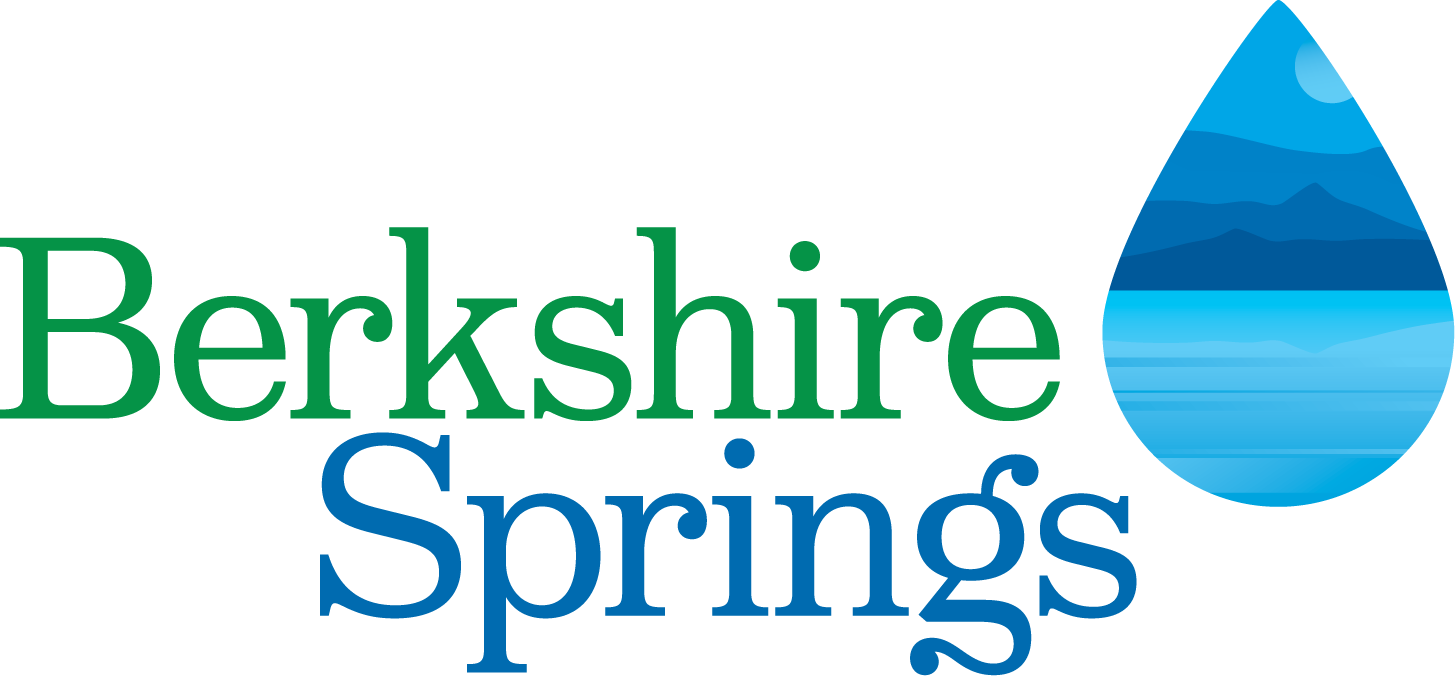Does Drinking Water Play A Critical Role In Healthy Aging?
Promising research investigates link between low water intake and age-related physiological dysfunction
Our thirst sensation decreases as we age, and that’s problematic because research shows that adequate water consumption contributes to overall health in many ways.
Johnson studies the positive benefits of hydration for seniors. Part of his research centers on hydration and its effect on thermoregulation (i.e., the maintenance or regulation of body temperature), as well as the effect of water intake on diabetes and kidney disease. While the current research tying water intake to healthy aging is in its early stages, Johnson asserts that water is a key ingredient of a healthy lifestyle: “We have seen there is a benefit to meeting or exceeding fluid goals.”
This concept is particularly important for senior Americans who are
likely to fall short of water intake goals, according to Johnson. Seniors are at greater risk for dehydration because of how body composition changes with age, according to the Cleveland Clinic. Water is instrumental for performing bodily functions, such as lubricating joints, regulating body temperature, and pumping blood to muscles; however, because older adults have less water in their bodies than younger adults (due to a natural decrease in muscle mass)—and because the thirst sensation also decreases with age—dehydration is a common cause of hospitalization among elderly.
Men aged 60 and over consumed less water than men aged 20-39 and 40-59, and women aged 60 and over consumed less water than women aged 20-39 and 40- 59. “In both men and women, we see a precipitous drop-off in water consumption,” notes Johnson, who adds that thirst may be impaired due to aging. “Later in life, we see rises in thirst are delayed.”
Installing more 5-gallon jugs throughout nursing homes could make it easier for residents and staff to more readily access water.
Health, specifically regarding people with Type 2 diabetes. He has Part of Johnson’s research has focused on the influence of hydration on studied what would happen if some of those individuals increased their water intake. “We were able to see that there was a benefit related to increasing water intake, or meeting fluid recommendations, for those individuals,” say Johnson. “That was the ‘aha!’ moment for me, when I saw that this could really have a clinical impact.”
For individuals with diabetes who do not drink enough water, the glucose in their bloodstream becomes more concentrated, leading to higher blood sugar levels. “We know that increased water can suppress your secretion of a hormone called AVP, or antidiuretic hormone—the hormone that helps us retain water,” Johnson explains. “So, if you drink more water your body does not need to retain as much water,” which offers two clear benefits to diabetes patients. “First, AVP can also stimulate the hormone cortisol, which is a stress hormone, which is independently associated with increased blood glucose levels. Second—and we’re still working on this as one of our potential mechanisms for increased water intake with diabetes patients—is that, if you increase your water input, you’ll increase your water output. And especially with uncontrolled diabetes, that can result in more urine glucose excretion. There could be some potential benefit to this because then it’s not staying in your blood and having potential consequences for hyperglycemia.”
Seniors who meet daily water guidelines can prevent dehydration, promote balance and cognitive abilities, and possibly ameliorate some health conditions
Christine Umbrell is a freelance writer based in Herndon, Virginia. Email her at christineumbrell@gmail.com.
LEARN MORE
• Hamrick I, Norton D, Birstler J, Chen G, Cruz L, and Hanrahan L. “Association Between Dehydration and Falls.” Mayo Clinic Proceed- ings: Innovations, Quality & Outcomes. 5 June 2020. www.ncbi.nlm.nih.gov/pmc/articles/ PMC7283563.
• The National Academy of Medicine [formerly the Institute of Medicine (IOM)]. “Dietary References Intakes for Water, Potassium, Sodium, Chloride, and Sulfate.” www.nap. edu/read/10925/chapter/6.
• Rosinger A and Herrick K. “Daily Water Intake Among U.S. Men and Women, 2009- 2013.” NCHS Data Brief, April 2016. https:// pubmed.ncbi.nlm.nih.gov/27139510.

